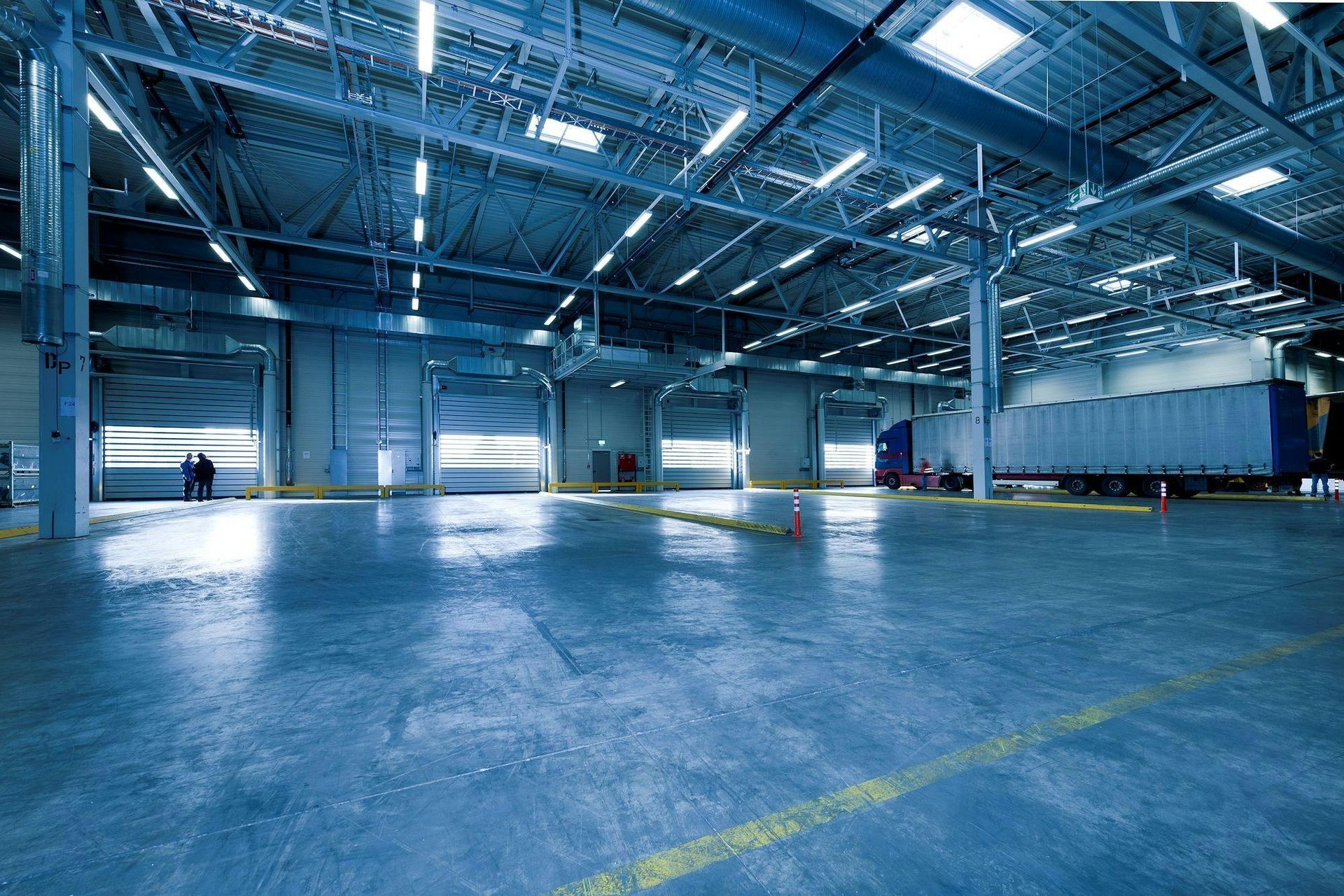Identifying What’s Causing Your Siding to Warp or Crack
Key Takeaways
- Siding guards your home and enhances its look, but siding damage like warping or cracked siding creates costly issues.
- Causes include heat, moisture, poor installation, low-quality materials, and structural shifts.
- Prevent problems with durable materials, expert installation, and regular maintenance.
- Trust local experts like Diamond State for exterior house repair and lasting solutions.
- Schedule a free inspection to catch issues early and avoid expensive fixes.
What Are Siding Warping and Cracking?
Warping happens when siding bends, twists, or buckles, losing its smooth shape. You might spot wavy panels that make your home look uneven. Cracking occurs when siding splits or fractures, often from impact or stress. These issues affect all siding types: vinyl, wood, fiber cement, and aluminum. For example, fixing vinyl siding warping is common because heat distorts it, while wood swells with moisture, and fiber cement cracks if poorly installed. Siding damage not only looks bad but also risks water leaks and structural issues. Knowing the causes helps you tackle exterior repair effectively.
Top Causes of Siding Warping
Heat and Sunlight Exposure
Delaware’s hot summers bake siding, especially vinyl. Sunlight causes fixing vinyl siding to expand in heat and shrink in cold, leading to warping. Dark-colored siding absorbs more heat, worsening the problem. Wood siding dries out under constant sun, twisting over time, while fiber cement and aluminum also distort without proper installation. Regular maintenance prevents siding damage from heat.
Moisture Intrusion
Water wreaks havoc on siding. Delaware’s humid air, frequent rain, and coastal moisture make siding repair near me a common need. Poor waterproofing or clogged gutters let water seep behind panels. Wood siding swells, causing warping, while repairing vinyl siding becomes necessary when water traps behind panels, buckling them. Proper moisture management, particularly sealing and drainage keep these issues at bay.
Improper Installation
Poor installation sets siding up for failure. If contractors nail panels too tightly, skip expansion gaps, or rush the job, siding warps under pressure. For handyman vinyl siding repair, proper gaps allow vinyl to move with temperature changes. Fiber cement needs precise cutting to avoid stress. Hiring skilled pros ensures your siding stays flat and functional.
Material Quality and Age
Low-quality siding saves money upfront but warps quickly. Cheap vinyl lacks durability, while aging siding becomes brittle, making siding repair near me a frequent search. Even high-quality materials wear out over time. Old wood twists, and vinyl loses flexibility, leading to siding damage. Choose durable, climate-friendly materials for long-lasting results.
Building Movement
Homes settle, especially in Delaware’s clay-heavy soil. Foundation shifts or minor earthquakes stress siding, causing it to warp or pull away. Rigid materials like fiber cement struggle with movement, leading to cracked siding. Proper installation accommodates minor shifts, reducing exterior repair needs.
Top Causes of Siding Cracking
Physical Impact
Hail, falling branches, or accidental bumps create holes in siding. Vinyl and aluminum dent or split, while fiber cement develops fractures. For how to repair a hole in vinyl siding, small patches work, but replacing panels is often better. Wood siding splits easily if weakened. Trim trees and protect siding to avoid cracked siding repair.
Extreme Weather
Delaware’s storms, high winds, and freezing winters test siding. Cold makes materials brittle, leading to cracked siding. Winds loosen panels, causing siding falling off the house. Hail and heavy rain worsen siding damage, especially on aging siding. Weatherproof materials and regular checks prevent exterior house repair issues.
Improper Installation
Bad installation strikes again. Incorrectly fastened fiber cement cracks under stress, while vinyl without expansion gaps splits in heat. Using the wrong nails or skipping steps creates weak points, leading to how to repair cracked siding. Hire pros to avoid handyman vinyl siding repair headaches.
Aging and Brittleness
Aging siding becomes brittle, making
cracked siding common. UV rays weaken vinyl, causing splits under stress. Wood dries and cracks, while fiber cement develops micro-fractures. Replacing old siding prevents
holes in siding and bigger problems like water damage.
How to Prevent Siding Warping and Cracking
- Select Durable Materials: Choose siding suited for Delaware’s climate. Vinyl and fiber cement resist humidity, while treated wood works with proper care.
- Hire Skilled Professionals: Expert installation prevents siding damage. Proper spacing and fasteners keep siding secure, reducing emergency repair needs.
- Maintain Regularly: Inspect siding yearly for cracked siding or warping. Clean it to remove mildew and seal wood to block moisture. This avoids how to patch siding hole searches.
- Protect Siding: Keep grills away from siding and trim trees to prevent holes in siding. Ensure gutters direct water away to avoid moisture damage.
Frequently Asked Questions
Why does my siding warp?
Heat, moisture, or poor installation can cause warping. In Delaware, strong sun makes vinyl siding expand and contract, while humidity can swell wood or trap water. This leads to damage and the need for repairing vinyl siding.
How do I fix cracked siding?
For tips on how to repair cracked siding, small cracks can be filled with caulk, but bigger ones often need new panels. Professionals make sure cracked siding repairs match your home and stop leaks.
How do I fix holes in siding?
If you’re wondering how to repair a hole in vinyl siding or how to patch a hole in wood siding, clean the area first. Small holes can be patched, while bigger damage might need new siding sections. Pros help keep repairs seamless and secure.
What’s the best siding for Delaware?
In Delaware, vinyl siding and fiber cement handle storms and humidity well. Treated wood also works if you keep up with maintenance, helping avoid frequent exterior repair.
How often should I inspect siding?
Check your siding once a year, especially after winter in Delaware. Look for cracked siding or siding falling off the house. Professionals can spot hidden problems and help with siding restoration.
Final Thoughts
Your siding works hard to protect your Delaware home from humidity, storms, and sun, all while making it look great.
Siding damage like warping or
cracked siding can lead to leaks or energy loss if ignored. By choosing quality materials,
hiring pros for siding restoration, and maintaining your roof, you prevent
exterior repair headaches. Need help with
how to repair a hole in vinyl siding or
how to patch a hole in wood siding? Check out our roof repair guide or property preservation tips.
Contact Diamond State Property Preservation today for
all sides home improvement and keep your home ready for anything.




